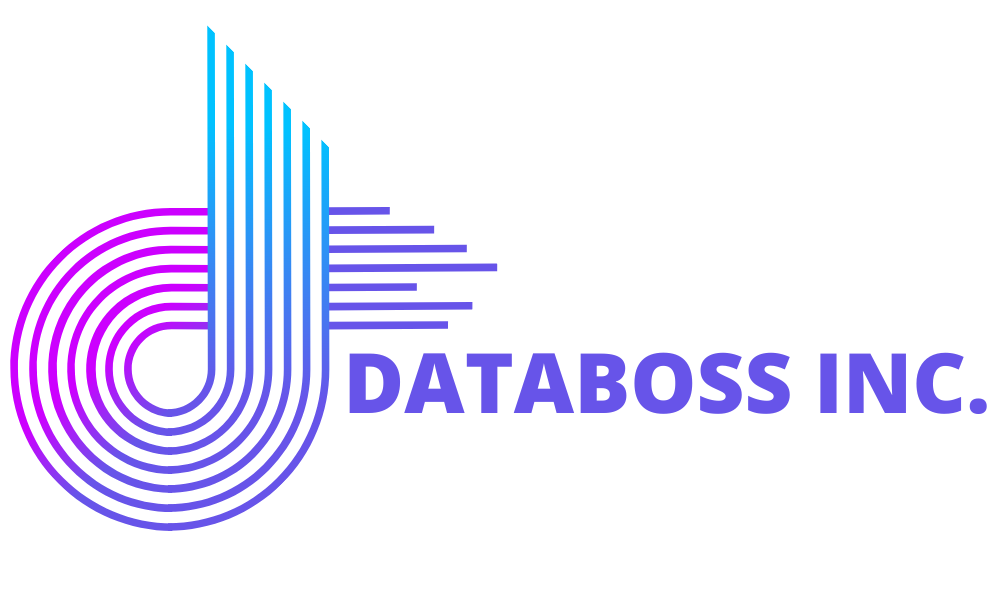How to ensure your company is compliant
The OTC Markets are a collection of exchanges that allow companies to trade their securities without having to meet the same strict listing requirements as companies listed on major stock exchanges like the NYSE or Nasdaq. However, there are still some requirements that companies must meet in order to be listed on OTC Markets.
- Driving Investor Trust through Regulatory Excellence.
- The best way to ensure the liquidity of your securities.
Go Public on OTC
Learn about the requirements for listing on OTC Markets

Financial Reporting Requirements
One of the most important requirements for listing on OTC Markets is that companies must file financial statements and other reports with the Securities and Exchange Commission (SEC). These reports must be accurate and up-to-date, and they must be filed on a timely basis. OTC Markets require companies to file financial statements and other reports with the SEC.
Governance Requirements
In addition to financial reporting requirements, OTC Markets also have governance requirements. These requirements include having a board of directors that is qualified and experienced, and having a code of ethics for the company’s management team.

Compliance is key to success
Be transparent: Build trust with investors
Protect your company’s future:
An experienced securities lawyer can help you to ensure that your company meets all applicable requirements for listing on OTC Markets. They can also help you to understand the regulatory landscape and to develop a compliance plan.
Be transparent & Build trust with investors:
Accurate and up-to-date financial records are essential for compliance with OTC Markets listing requirements. You should keep detailed records of all of your company’s financial transactions, and you should file these records with the SEC on a timely basis.Set your company up for success:
OTC Markets require companies to have a board of directors that is qualified and experienced. The board of directors should be responsible for overseeing the company’s management team and ensuring that the company complies with all applicable laws and regulations.
Success in OTC markets:
OTC Markets require companies to file financial statements and other reports with the SEC on a timely basis. These reports must be accurate and up-to-date, and they must be filed in the correct format
“Working with Databoss was a game-changer for our company’s IPO. Their deep understanding of the market. Thanks to their guidance, we confidently navigated the complexities and achieved a highly successful public offering.”
Edward Kennedy

Client reviews
INSIGHTS
In-Depth Insights for Your Journey
20+
100%
Success rate
$500M+
FAQ
Frequently Asked Questions
Your Queries Answered to Navigate Your Databoss Journey with Confidence.
Various types of companies can be listed on the OTC marketplace, including public companies, private companies, foreign issuers, and early-stage startups.
Yes, there are different tiers within the OTC marketplace, such as OTCQX, OTCQB, and Pink. Each tier has distinct listing requirements and provides varying levels of transparency and reporting standards.
Common financial requirements include minimum bid price, shareholder equity, revenue or income thresholds, and compliance with the Generally Accepted Accounting Principles (GAAP) or International Financial Reporting Standards (IFRS).
Yes, OTC listing can be a stepping stone for companies planning to uplist to national securities exchanges like NASDAQ or NYSE, as it allows them to gain visibility and meet certain financial and reporting standards before transitioning to a higher exchange.
Yes, international companies can apply for OTC listing, provided they meet the applicable listing requirements and comply with U.S. securities regulations.


